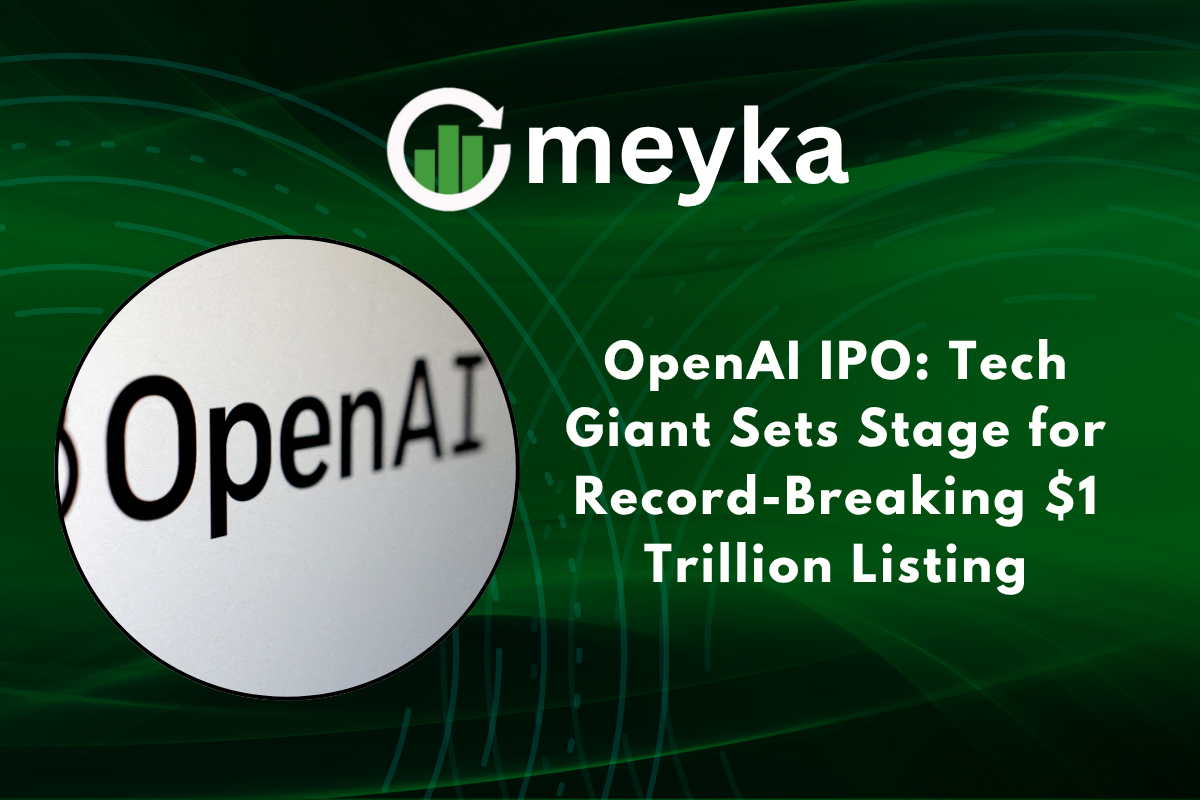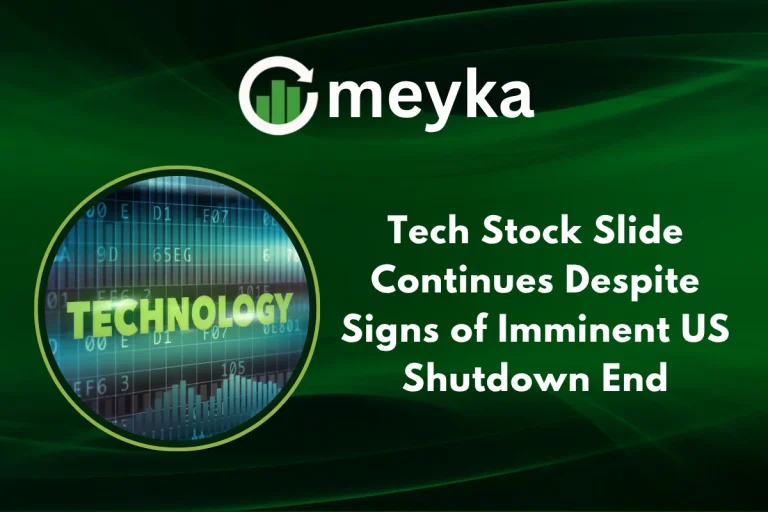OpenAI IPO: Tech Giant Sets Stage for Record-Breaking $1 Trillion Listing
Big news in tech and markets. OpenAI IPO plans are now in the open. The company is quietly laying groundwork for a public listing that could value it at about $1 trillion. This is simple to say, but huge in meaning. If true, it could reshape the artificial intelligence market and Wall Street’s view of AI forever.
OpenAI IPO, a quick snapshot
OpenAI is exploring an IPO that could come as soon as the second half of 2026. The talk began with senior advisers and news outlets. The goal, according to people familiar with the matter, is a valuation near $1 trillion. That figure puts OpenAI in a rare league of companies.
OpenAI IPO, OpenAI’s path to IPO, and what it means for AI
OpenAI started as a research lab. It grew fast after releasing ChatGPT. Now, it has a big revenue. It also has big costs. An IPO would let OpenAI raise large sums for new computing centers and research. It would also give public investors a direct stake in a leader of AI innovation. That is why the plan matters.
Why is OpenAI aiming for a $1 trillion valuation?
People inside and outside the company point to several reasons. First, rapid revenue growth from paid products and partnerships. Second, the a need for massive capital to buy chips and build data centers. Third, investor appetite for AI leaders remains very strong. All combined, these make the trillion figure plausible to some advisers.
OpenAI IPO, financial projections and investor interest
Reports say OpenAI could seek to raise tens of billions during the IPO process, with some advisers discussing big capital raises to fund global expansion. Market watchers note that OpenAI has already drawn major investors in private rounds and secondary share sales.
That demand helps explain why the IPO talk is not just a rumor.
What makes this IPO different from others?
This is not just a software company listing. OpenAI is a mix of research lab, product company, and platform provider. It also has deep ties to major tech firms. That mix creates unique governance and regulatory questions.
It also creates big market interest because OpenAI directly fuels other big tech winners, such as chip makers.
OpenAI IPO, how OpenAI’s valuation compares to other tech giants
A $1 trillion price tag would place OpenAI among the most valuable public companies on Earth. It would rival the largest tech names. For context, recent private rounds and share sales put OpenAI at lower valuations earlier this year, but multiples surged with fresh funding and big secondary trades.
That momentum is part of the reason advisers think a trillion-dollar target could be realistic.
OpenAI IPO, potential IPO timeline, and global market impact
Many insiders say the earliest filing could be in the second half of 2026. Others point to 2027 as possible. The exact date matters for markets. A listing would change how investors value AI investment trends and the broader tech sector.
It could shift capital toward AI infrastructure, chips, and cloud services across global markets, while also raising regulatory questions in the U.S. and abroad.
How could it reshape the global tech market?
If OpenAI goes public near the trillion-dollar mark, it would reward AI-first business models. That could push more IPOs and M&A in AI. It could also lift suppliers, like chip companies, who sell the computing power that powers large AI models.
On the flip side, it may tighten competition and trigger scrutiny by regulators in the U.S., Europe, and Asia.
OpenAI IPO, key stakeholders, and leadership strategy
Sam Altman remains the public face of OpenAI. Microsoft is a major strategic partner and investor. Reports list Microsoft’s stake and deep ties as central to any future plan. The company has also restructured its governance, creating a foundation with a stake in the group.
These choices matter for how the IPO will be structured and how control will be shared between insiders and public investors.
What are the risks and opportunities for investors?
Opportunities: exposure to industry-leading AI models, high growth, and platform effects that could last for years.
Risks: heavy capital spending, regulatory scrutiny, and the possibility that competition or technology shifts could change the market fast. Investors must weigh both sides.
Why investors are calling it the “AI century’s biggest event”
The phrase captures the scale and symbolism. This listing is not only about money. It signals when AI becomes central to mainstream public markets. A large OpenAI IPO would show that investors are ready to bet at scale on AI leadership. That alone explains the heightened media and market attention.
Why is OpenAI aiming for a $1 trillion valuation?
Because it needs huge capital for computing and growth, investors are bullish on AI leaders.
What makes this IPO different from others?
OpenAI blends research and product work, has unique governance, and deep ties to major tech players.
How could it reshape the global tech market?
It would direct big capital to AI infrastructure and lift suppliers, while inviting close regulatory attention.
What are the risks and opportunities for investors?
High growth and market leadership versus heavy spending and regulatory or competitive risks.
Embedded reactions and coverage
A recent reaction captured on social media highlighted investor excitement and caution; see the tweet shared by the user providing a link, showing fast market reaction to the news
Major outlets also ran in-depth pieces and video explainers on the potential move; readers can find coverage and video breakdowns in the Channel News Asia piece and SiliconANGLE coverage.
Conclusion: What to watch next
If OpenAI files for an IPO, expect intense market moves. Watch these signals: filing dates with the SEC, lead underwriters, the size of the offering, and how governance and Microsoft’s role are shown on the S-1.
This IPO, if it reaches the valuation talked about, would be a defining moment for AI innovation leadership and for Wall Street’s view of the artificial intelligence market. Investors and policymakers will both be paying close attention.
FAQ’S
Microsoft owns about 49% of OpenAI through its multi-billion-dollar investments, giving it a major but non-controlling stake in the company’s commercial arm.
Microsoft announced its multi-billion-dollar investment in OpenAI in January 2023, strengthening its long-term partnership in artificial intelligence.
Yes, experts predict the AI industry could exceed $1 trillion in market value by 2030, driven by rapid growth in generative AI and automation technologies.
According to reports, Thrive Capital’s Josh Kushner is leading a group of investors that offered to buy OpenAI shares in a deal valuing it at around $97 billion.
Disclaimer
The content shared by Meyka AI PTY LTD is solely for research and informational purposes. Meyka is not a financial advisory service, and the information provided should not be considered investment or trading advice.”






